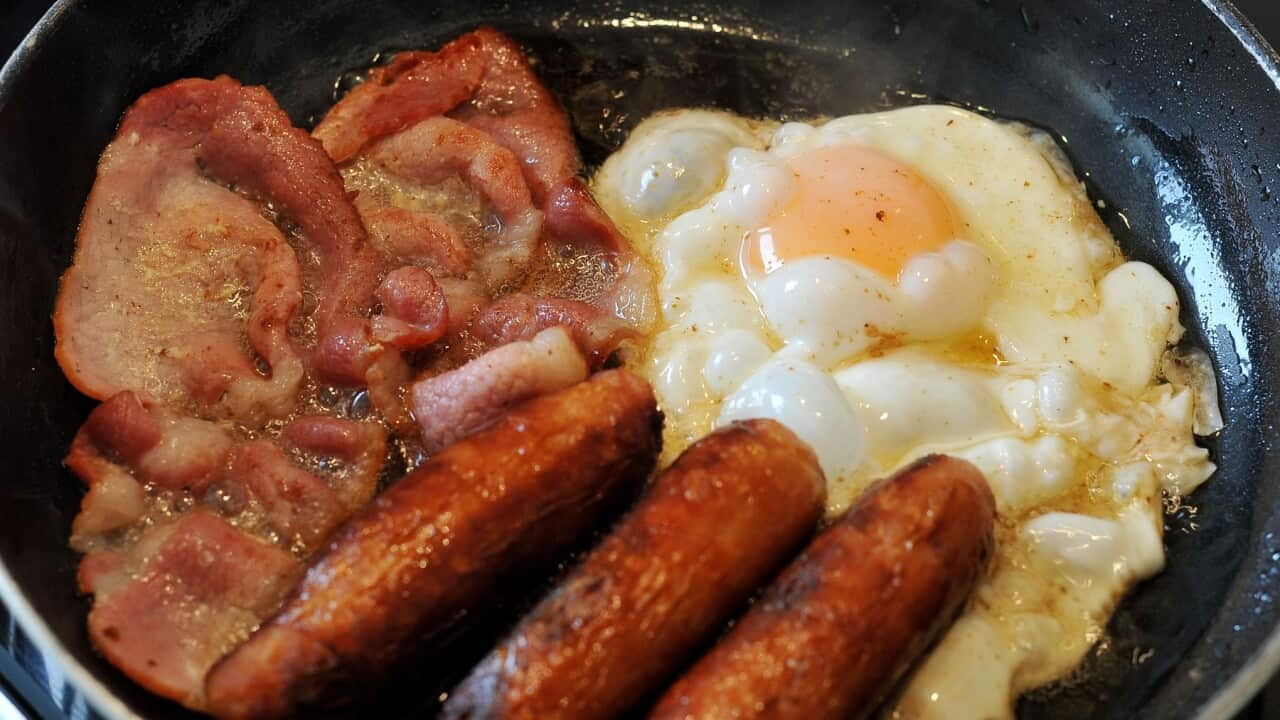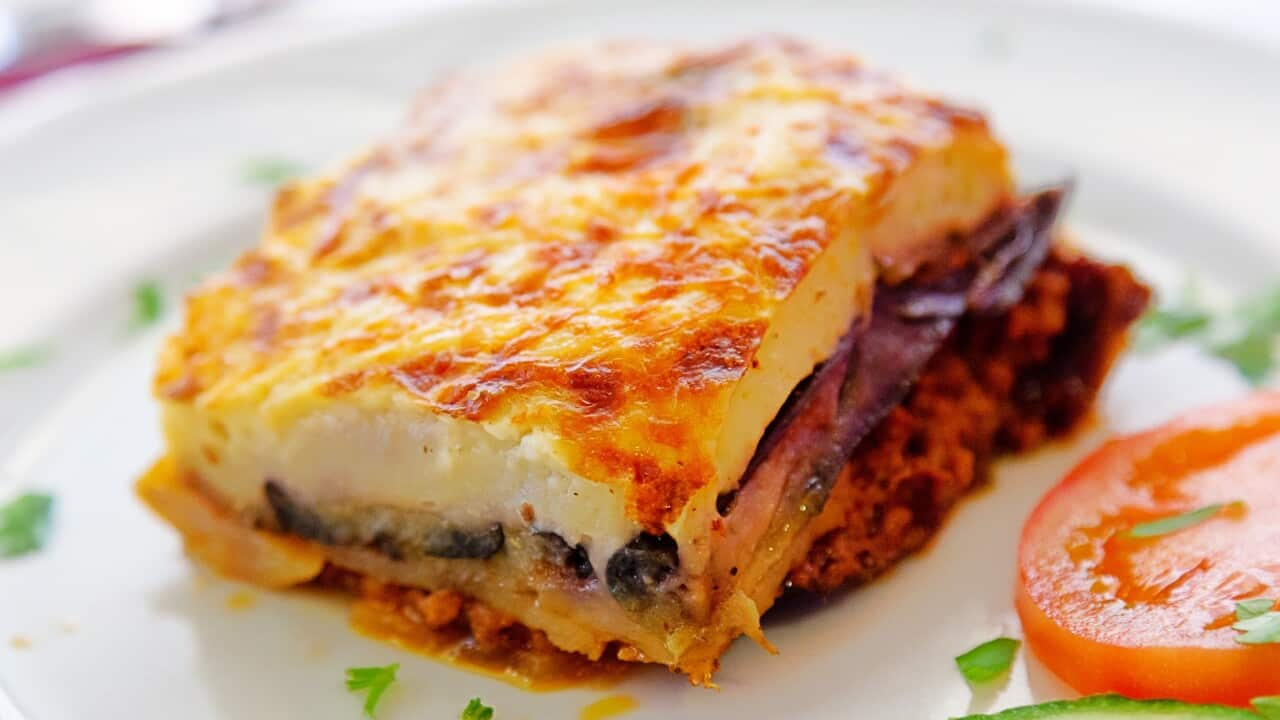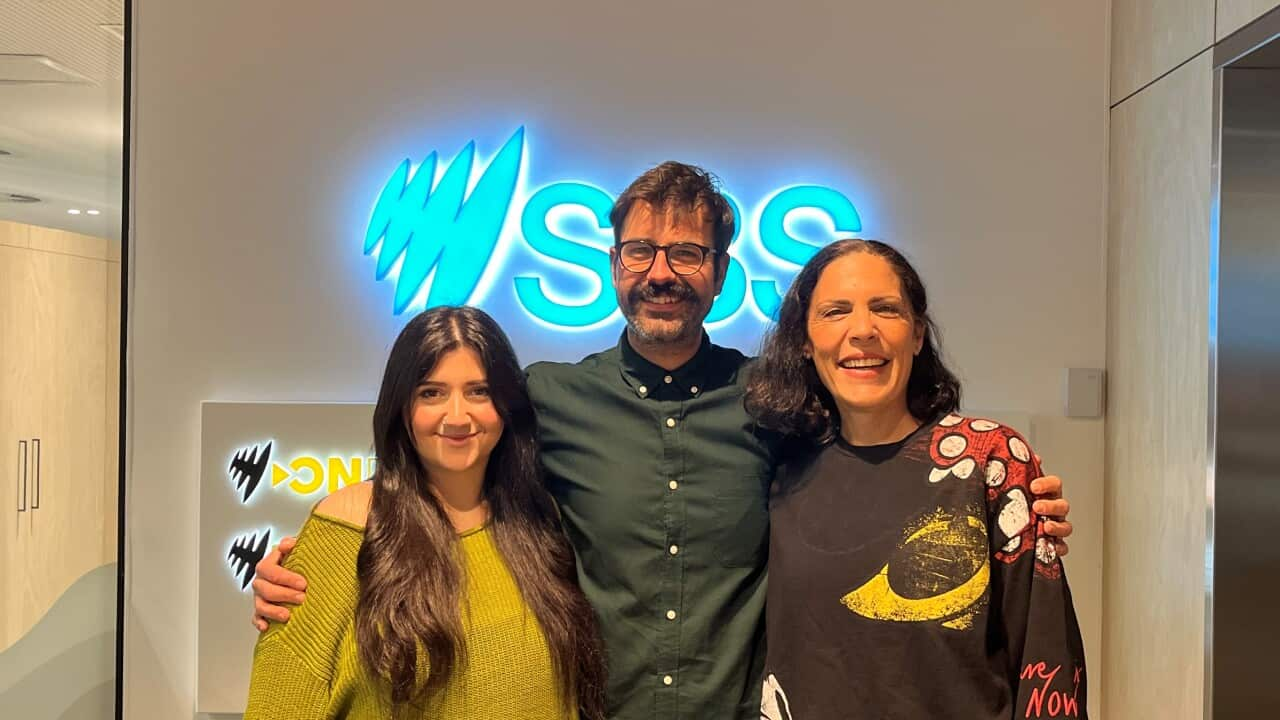Bowel Cancer Australia says just over 15,600 people a year are diagnosed with bowel cancer, 10% of whom are under the age of 50, prompting the Never2Young for Bowel Cancer campaign to increase awareness.
Various international studies have documented increasing rates of bowel cancer in people born after 1990 with higher rates also seen in other parts of the developed world.
"Potentially there is an impact of fast food consumption which has increased three- to five-fold in children and young adults since 1970. ‘’ said Julian Wiggins, CEO of Bowel Cancer Australia.
‘’This comprises an important factor when it comes to rectal cancer because we know that processed meat in particular can have an effect. All in all the jury is still out. But we do know in an older population that the risk factors are well and truly established. That means you need to be physically active eating whole grains for example, participating in screening, avoiding processed meat and limiting red meat consumption, limiting alcohol and avoiding weight gain," he noted.
There are two main factors young people with bowel cancer need to look out for, one being a family history and the other symptoms indicating something is wrong.
Marty Hogan who is now 42, was diagnosed with Stage 4 metastatic bowel cancer in mid-December 2019. Mr Hogan says he had symptoms for years, which he dismissed as being something else.
"When the doctor told me that it was stage 4 it was a shock because I did not feel like I had been sick long enough, to have something so bad going wrong with me. I always had a dodgy tummy, I just thought it was food allergy."
Mr Wiggins says there are a range of symptoms that may indicate more investigation is needed.
"Young people and their GP really need to be recognising and promptly investigating symptoms such as blood in you poo or a change in your bowel habits, or even unexplained anemia which needs to be explained promptly to rule out bowel cancer as a cause."
Professor Jane Andrews, from the Department of Gastroenterology & Hepatology of The Royal Adelaide Hospital, says outcomes are good if bowel cancer is detected early enough.
"Actually no Australian should die of bowel cancer because we have really good ways to prevent it or treat it at an early age. And colonoscopy and the federal government's screening program detect polyps and when polyps are removed, the risk of cancer and the risk of death in the person who has a good quality colonoscopy, are both reduced hugely. And even when cancer is detected most people diagnosed with bowel cancer will live and will not die from their bowel cancer." She noted.
Despite the increase among younger people, bowel cancer is still a disease that primarily affects those over 50, and experts urge anyone experiencing symptoms to get a bowel screening test at any age.







